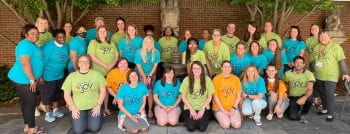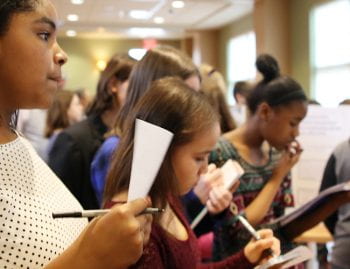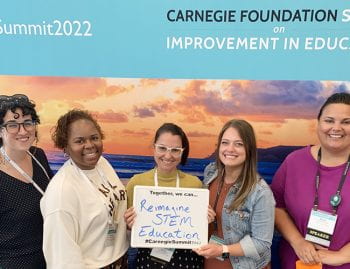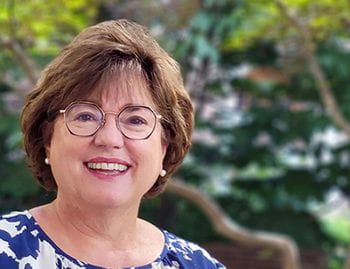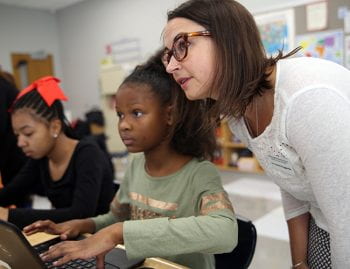Roughly 22 years into his career, Brendan Kearney knows one thing for certain: teaching science is his jam. “I’ve always loved science, and teaching the subject ignited my passion,” says Kearney, who teaches science – and only science – to third, fourth and fifth graders at Glenridge Elementary in Clayton. For the next school year, […]
Teachers using mySci dive deeply into the go-to science learning resource over the summer
